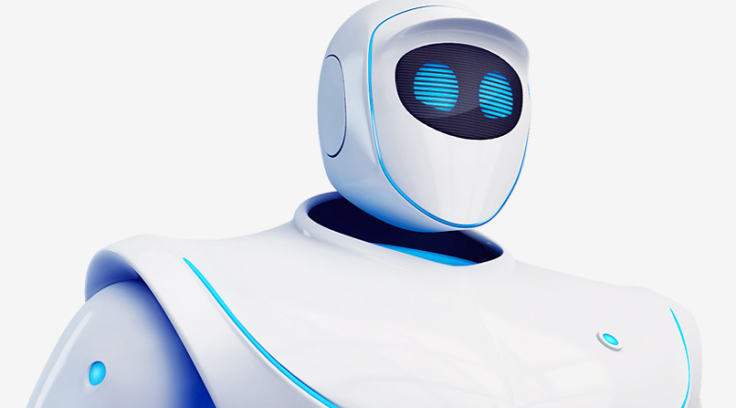MacKeeper Is Now Asking Users To Report 'Scare Ads' In Attempt To Salvage Reputation

If you're a Mac user, at some point you've probably been scared by a popup ad telling you your computer is infected. It needs fixing right now! Apple won't fix it! No, no, you need to buy our software!
If this sounds familiar, the robot guy above probably looks familiar to you, too. That's the mascot for MacKeeper, which is actually a legitimate product if you believe positive reviews by The Mac Observer's Dave Hamilton and MacWorld. MacKeeper is developed by Kromtech, a German international developer founded in 2013, which also makes MemoryKeeper and PCKeeper. But you wouldn't know it from the ads, some of the spammiest on the Web. Well, MacKeeper is here to tell you that's all about to change, sort of.
You see, those ads are not created by MacKeeper itself; rather, by affiliate advertisers who earn a fee every time they generate a click-through to MacKeeper. While those ads work very well, they work at a cost, damaging the MacKeeper brand in the minds of consumers. “It is part of our profit model. Sometimes you have to sacrifice a finger to save the hand, but you can’t cut off the arm and the leg, you know?” said Jeremiah Fowler, a spokesman for Kromtech.
So instead of actually ditching the strategy behind these aggressive ads, MacKeeper’s developer is now asking users to report “scare ads,” the company tells the International Business Times. Kromtech is inviting users to report “scare ads” to scare@mackeeper.com.

With affiliate advertising, third parties ask the company for permission to advertise the product. The third party receives compensation only when users click through to the website, so the most successful advertisers will make the most money. Without the usual overhead of marketers and advertising designers, affiliate advertising can be cheaper than traditional methods.
Sketchy Affiliates
But Eric Franchi, cofounder of digital advertising company Undertone, explains without proper controls in place, affiliates can wreak havoc with how the brand is perceived. "You typically don’t see this in banner advertising, because the processes for that tend to block very spammy, suspect ads,” he said.
When Kromtech took over from ZeoBIT, the developers started an internal vetting process to weed out the third parties damaging their name. The company requires all advertisements to undergo checks before they go live, and changed course from ZeoBIT by introducing mandatory compliance rules. Rogue affiliates were dropped, but some have been harder to track down than others thanks to a series of redirects that hide which affiliate is responsible for the "scare ad."
Six months after the switchover, 30-40 percent of affiliates from the ZeoBIT era were removed by Kromtech, but the public expansion of the program suggests the internal vetting has not actually fixed the problem.
The question of who is legally responsible for “scare ads” is murky. While the law is clear on false information and misleading claims, it is less clear on whether a company can be held responsible for their affiliates. When a reasonable amount of effort is made, companies like MacKeeper could argue steps were taken to prevent false claims being made, and it would be the affiliate at fault.
But there is precedent for a company behind a badly run affiliate program being fined. Legacy Learning, who sold guitar lesson DVDs, ran a program where customers could review the product on their websites and link to the order page. Whenever a user clicked the link, the customer would receive payment. The FTC ruled Legacy Learning hadn’t made it clear these people were being paid for their reviews, and was fined $250,000.
© Copyright IBTimes 2025. All rights reserved.





















